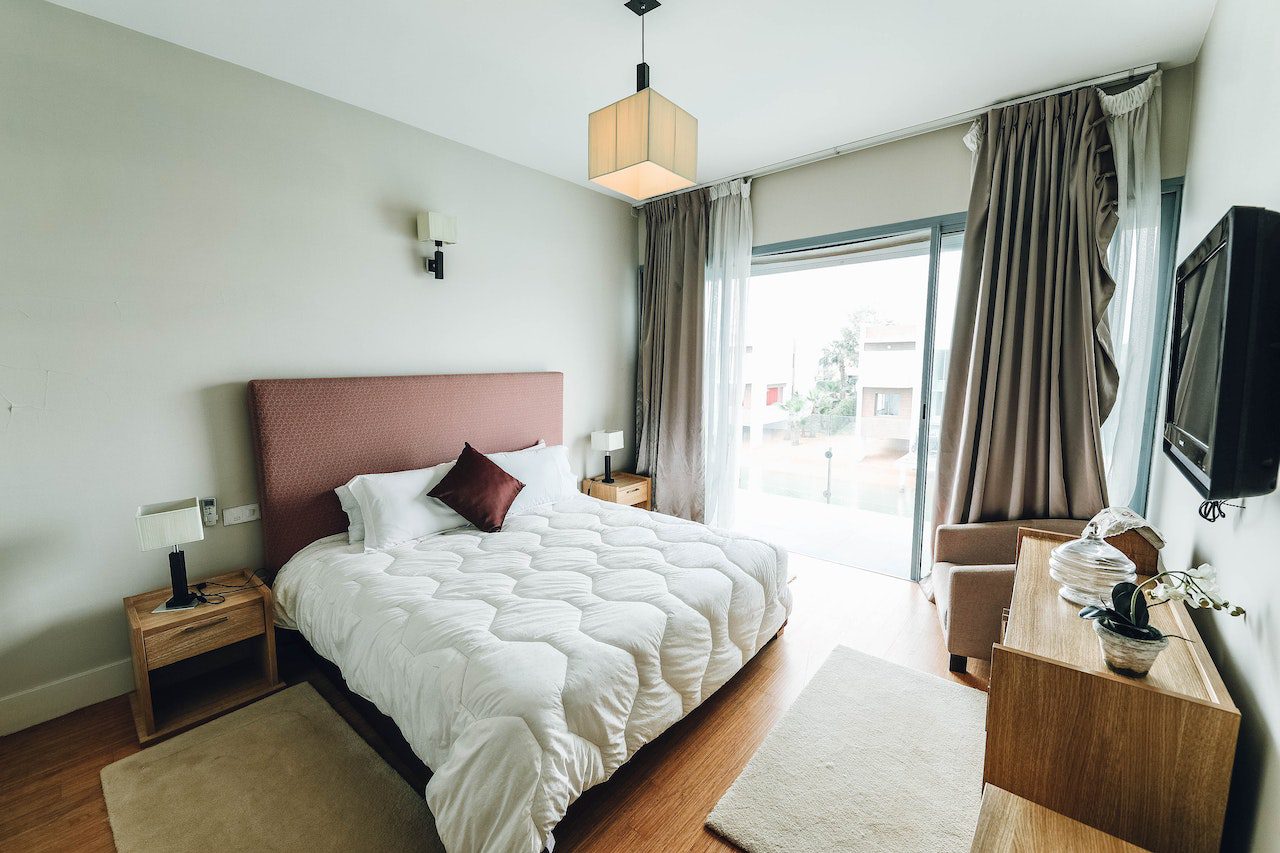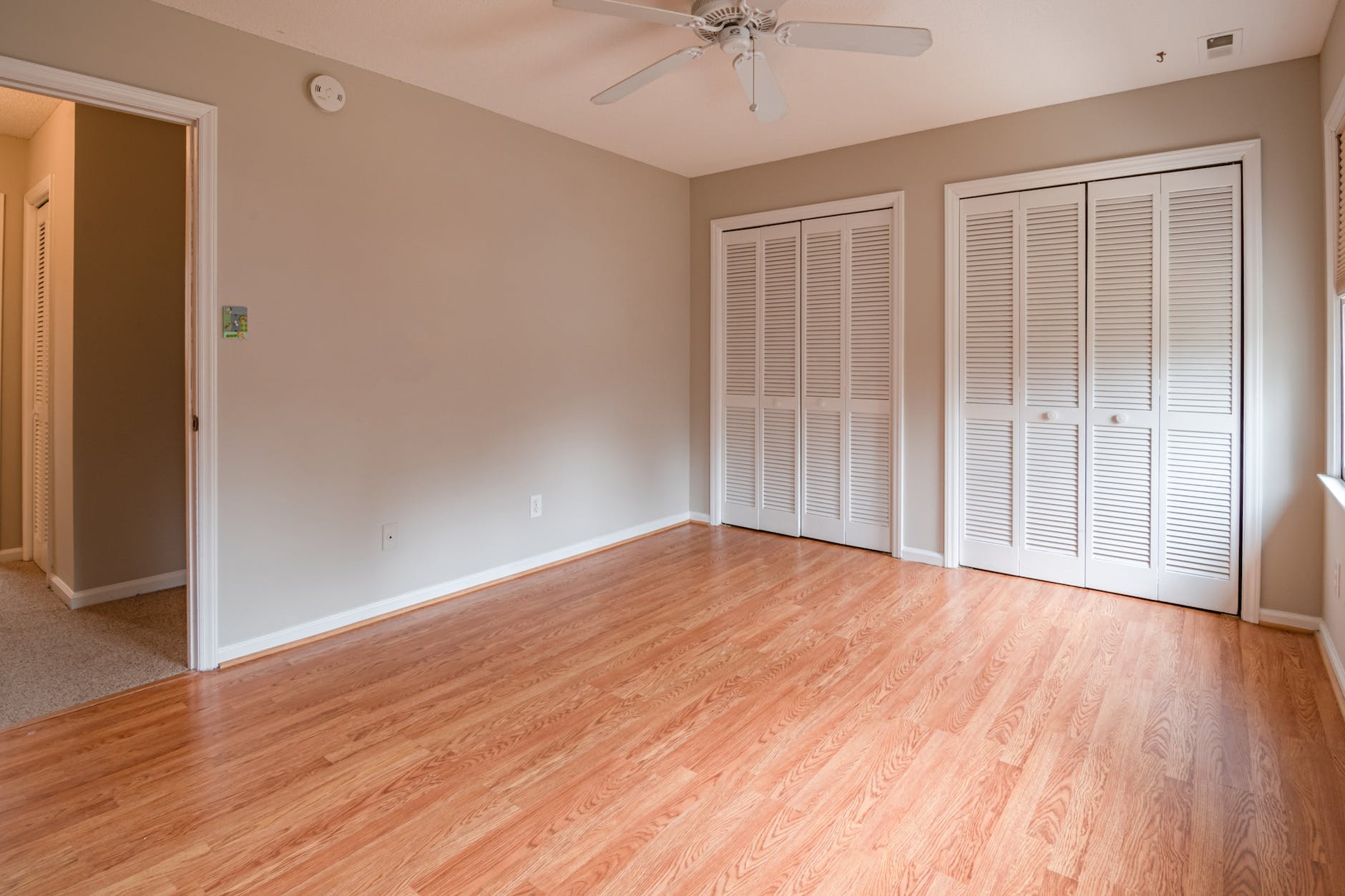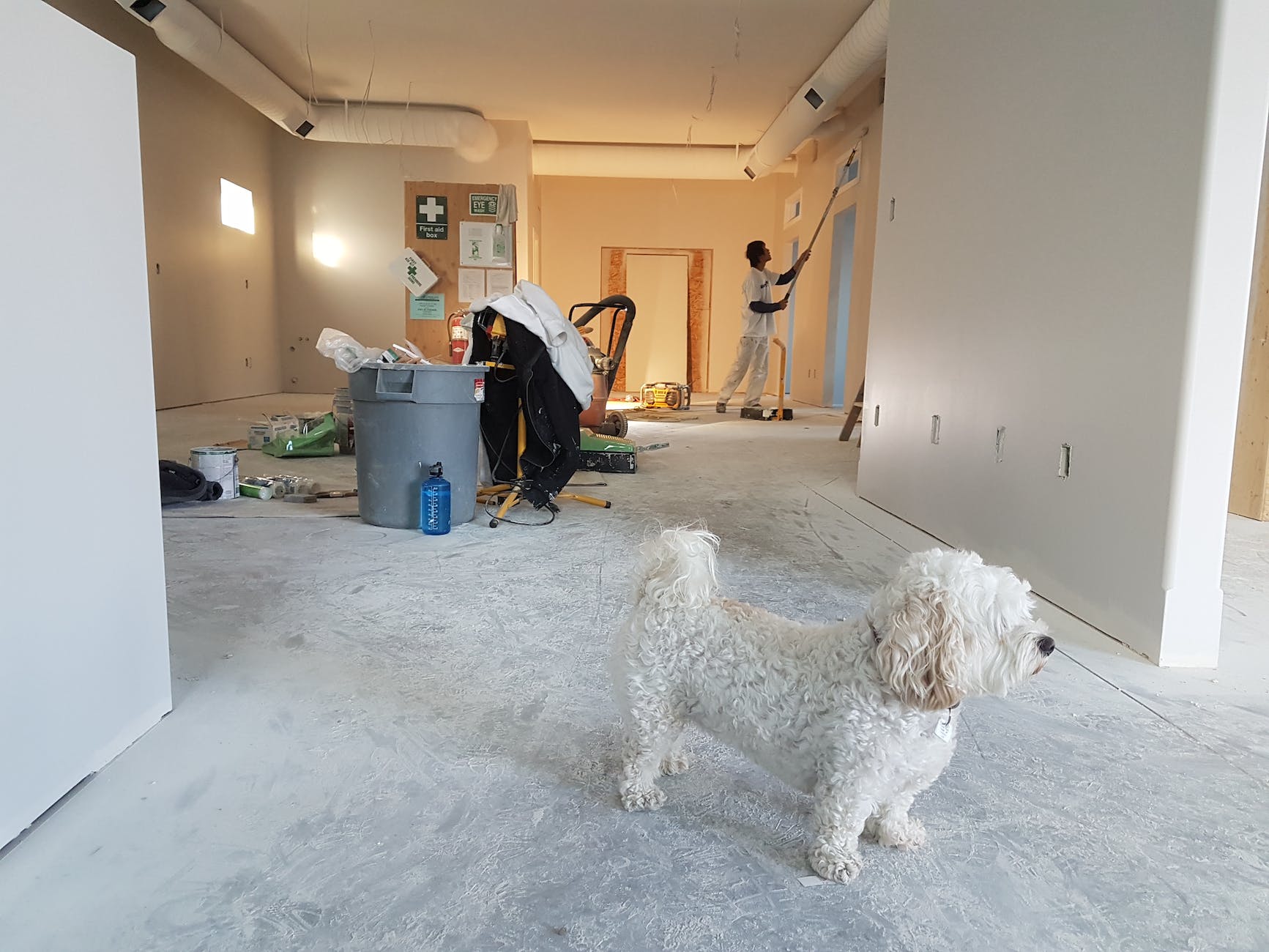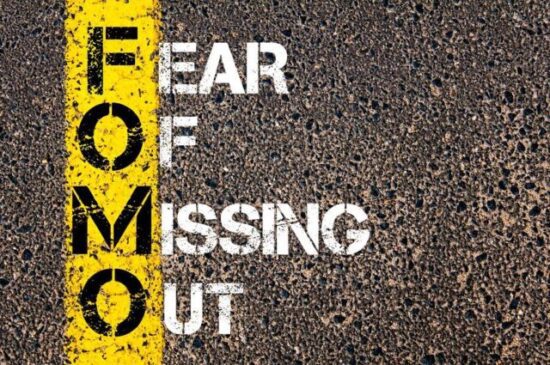
Getting a Better Night’s Sleep

This is a collaborative post
Are you one of those fortunate individuals who gets a full and restful night’s sleep every night, and who wakes up feeling refreshed each morning as a result?
If you are, then congratulations — you’re doing something very powerful for your health, energy levels, and overall sense of wellbeing, too.
By contrast, an increasingly large number of people around the world are experiencing chronic sleep deprivation to one degree or another, in a trend that some leading sleep researchers have referred to as a “sleep deprivation epidemic.”
The presence of highly engaging digital devices in each home — many of which emit wakefulness-promoting blue light — in addition to irregular working schedules and more, are all factors that may conspire to rob you of your rest.
Here are just a handful of tips that you can use to get a better night’s sleep — but there are of course many more, as well.
Get the right mattress, bed, pillow and sheets
Though you may not necessarily think of it in these terms, on a moment-by-moment basis, having a high quality bed and mattress, and clean and comfortable sheets and pillows, can be a game changer in terms of your ability to get quality sleep each night.
Even the aesthetic of your bedroom can have a significant impact in terms of helping you to be able to properly relax and unwind each night, whether you find that grey beds have a positive psychological impact in this regard, or whether there’s a different style that works best for you.
Two of the major pillars that support good sleep are: the ability to relax and feel comfortable in your own bedroom each night, and a bed that physically supports you and alleviates stress and tension, so as to promote deeper sleep.
Manage stress levels and eat small meals consistently throughout the day
Heightened stress levels are well known to contribute to poor and disrupted sleep in a variety of different ways — with stress causing the sleep you do get to be shallower and less restful on the one hand, while simultaneously making it harder to fall asleep on the other hand.
The stress hormone cortisol is a big contributing factor here — and the elevation of cortisol during a fasted state is likely to be a key reason why sleep quality is reported to suffer significantly over the course of prolonged fasts.
But why does cortisol spike during fasting? For one thing, to release stored energy in the absence of fuel from your food. And “release” in this sense means breaking down and mobilising fat tissue among other things.
Eat small meals consistently throughout the day, and ensuring that each meal contains some form of whole food carbohydrate, may help to significantly dampen stress and improve sleep.
Maintain a regular sleep schedule
Maintaining a regular sleep schedule is likely to be one of the most important things you can do when it comes to improving the quality of your sleep as a whole.
The body’s circadian rhythm relies a lot on consistency. By sleeping and waking at slightly different times throughout the week, you throw your circadian rhythm off and all but ensure less restful and restorative sleep.
Try to go to sleep at the same time, and wake up at the same time, every day — and yes, even on weekends.
Just be sure that your sleep schedule allows you to get eight hours of restful sleep each night, or as close to it as possible.

















































